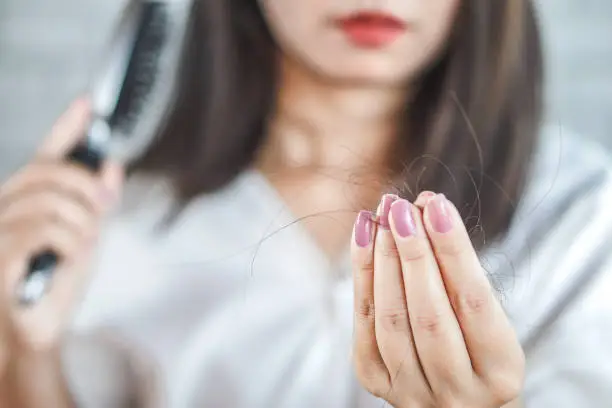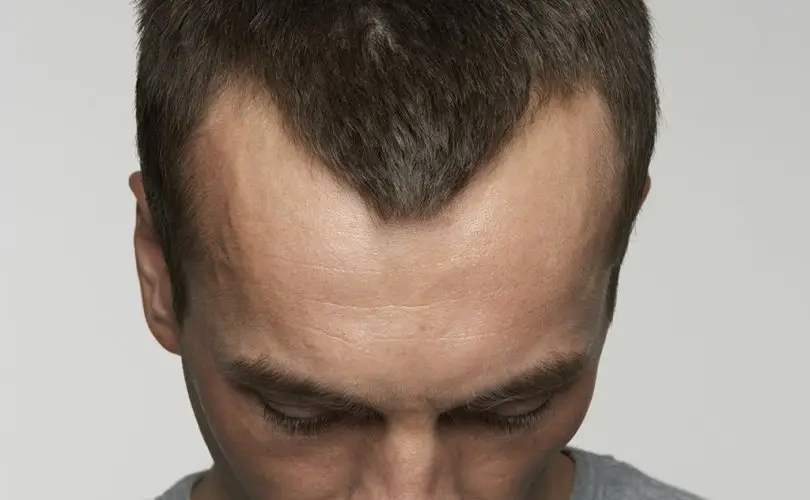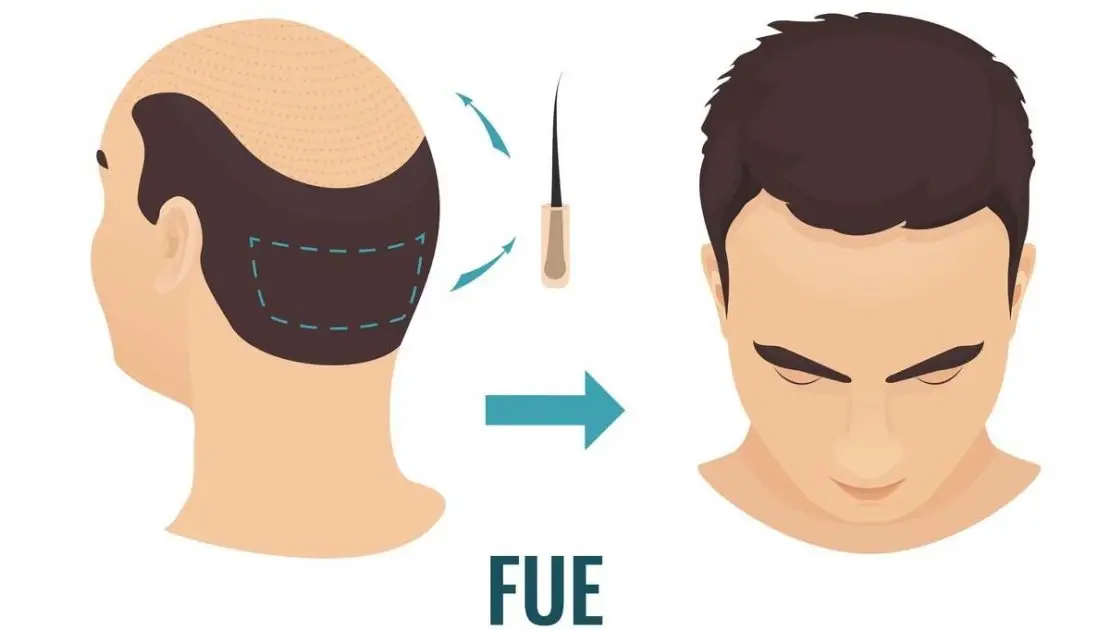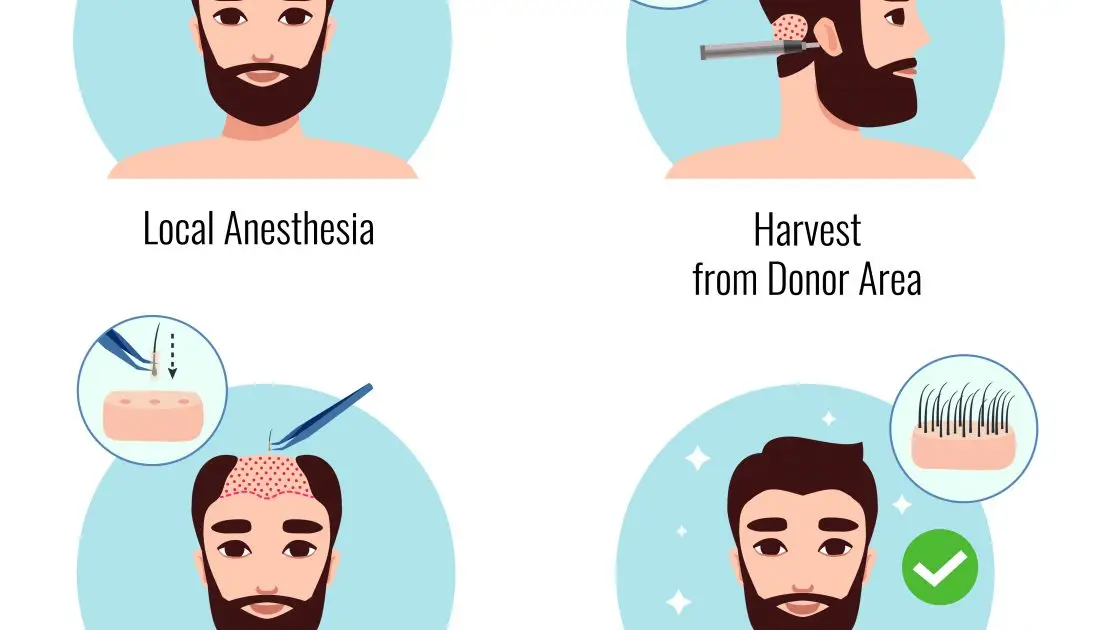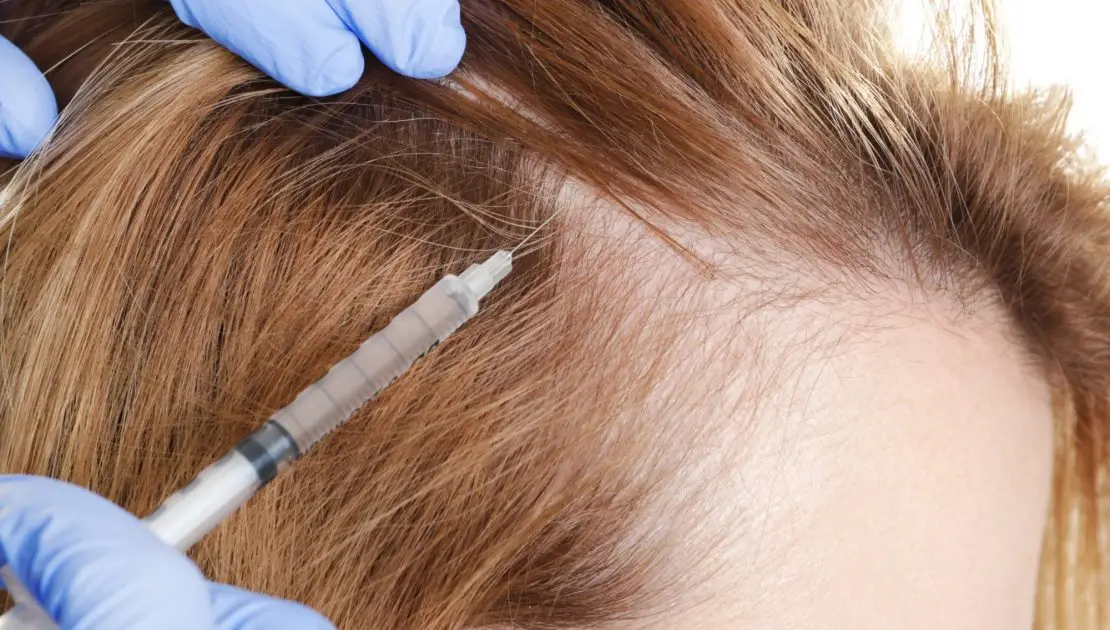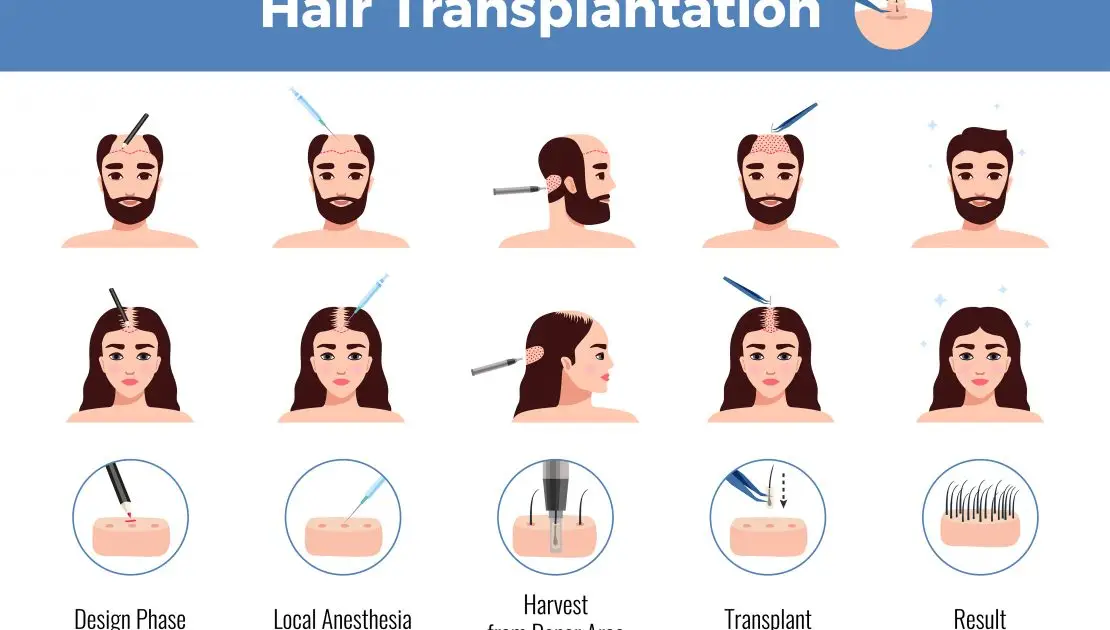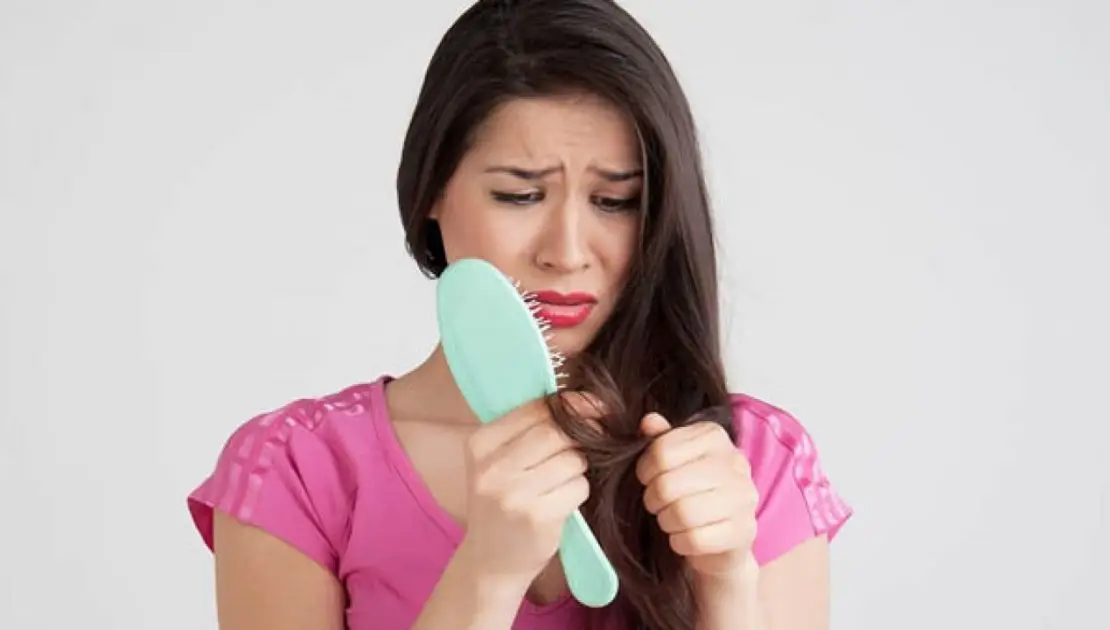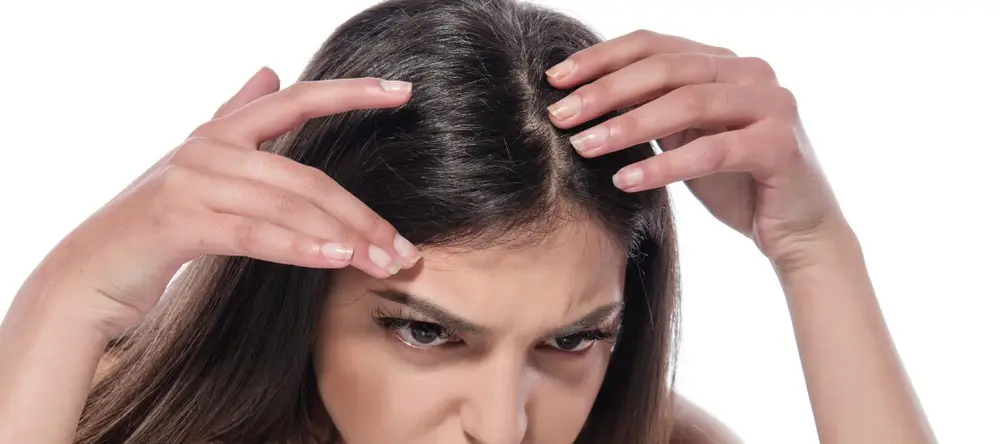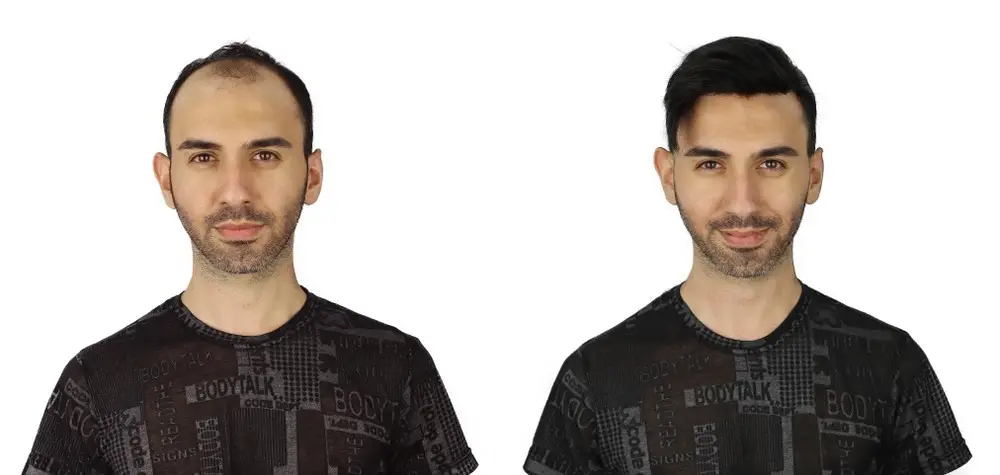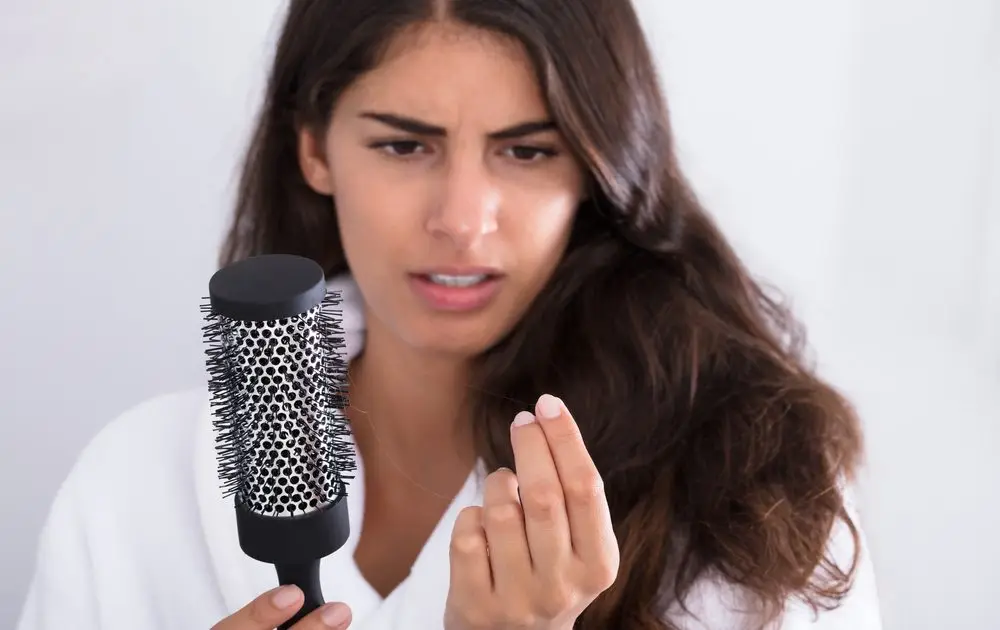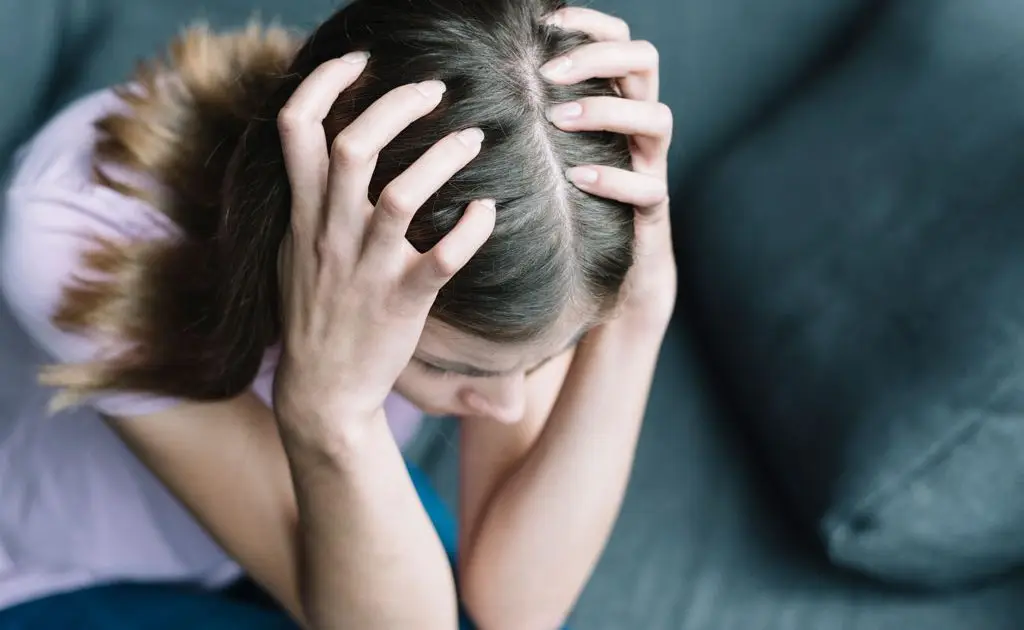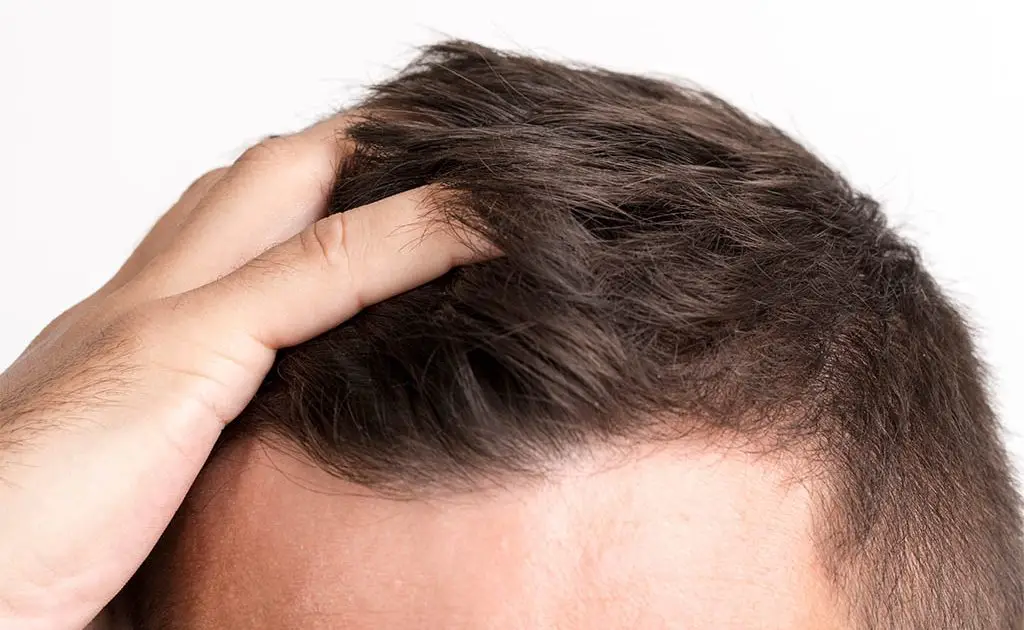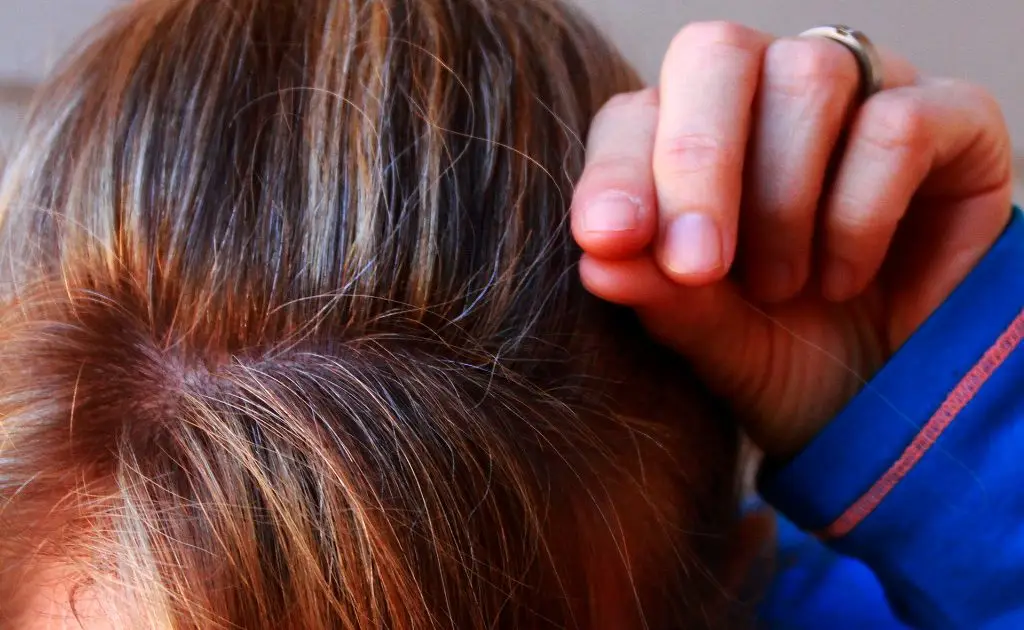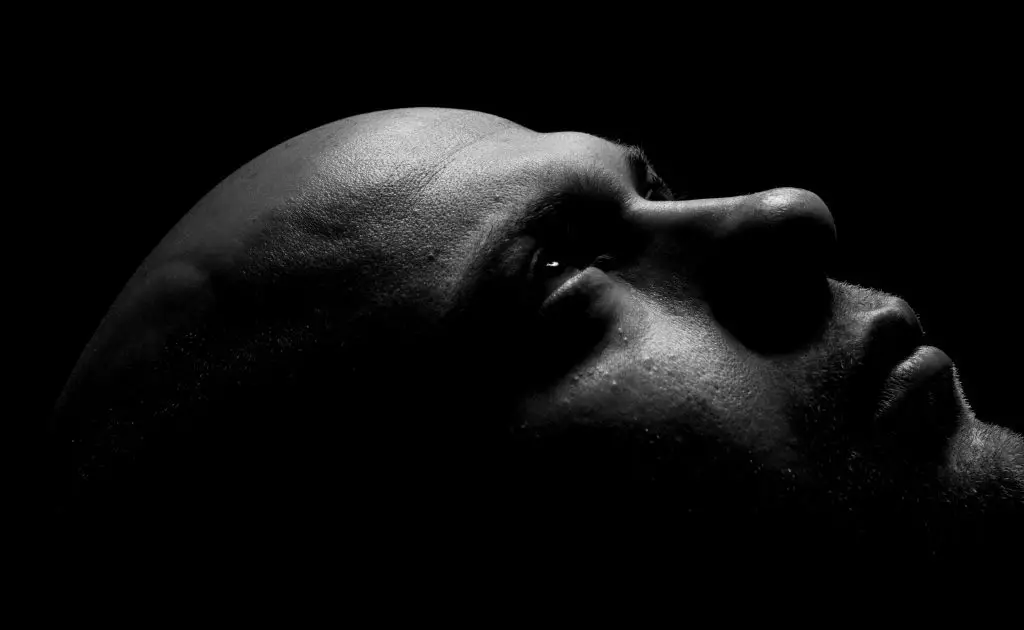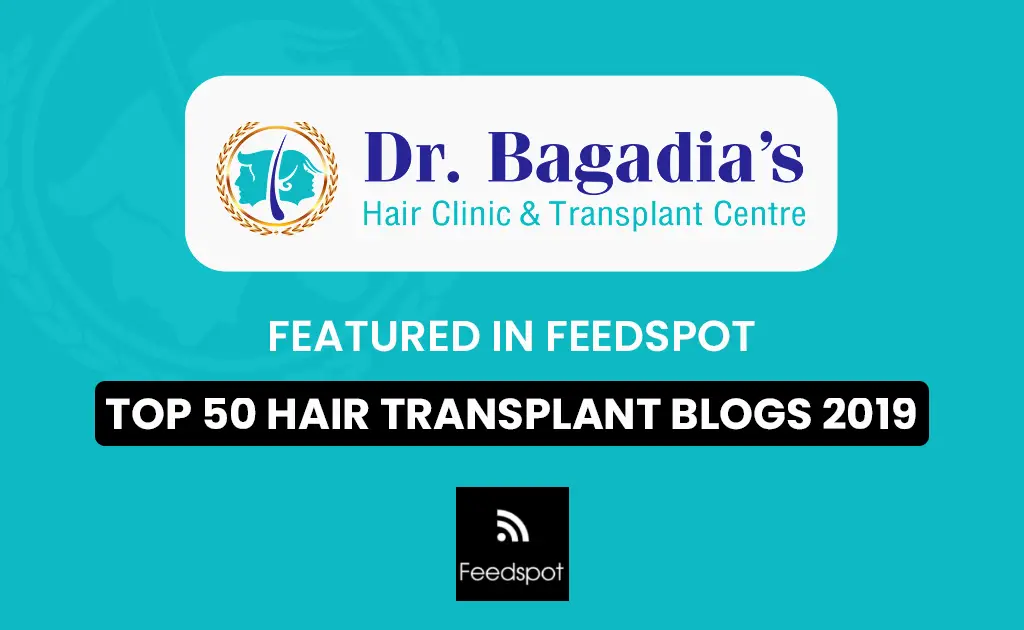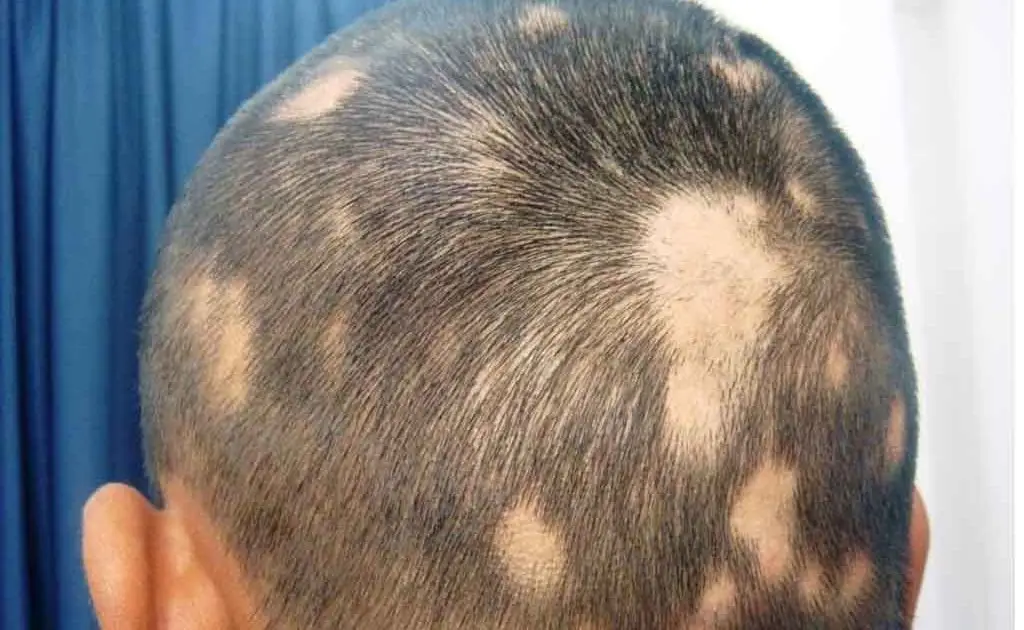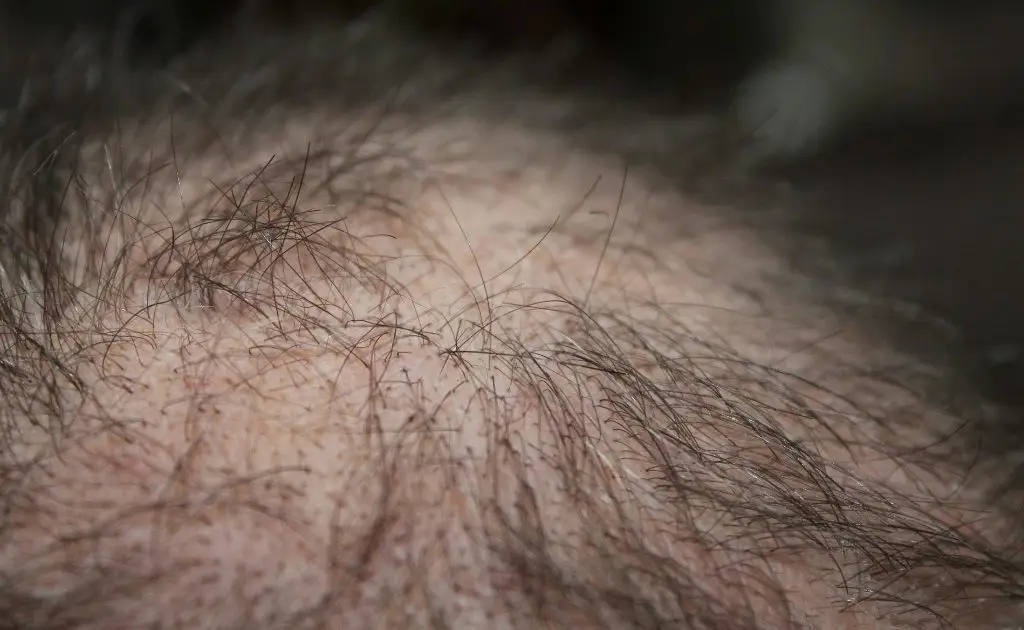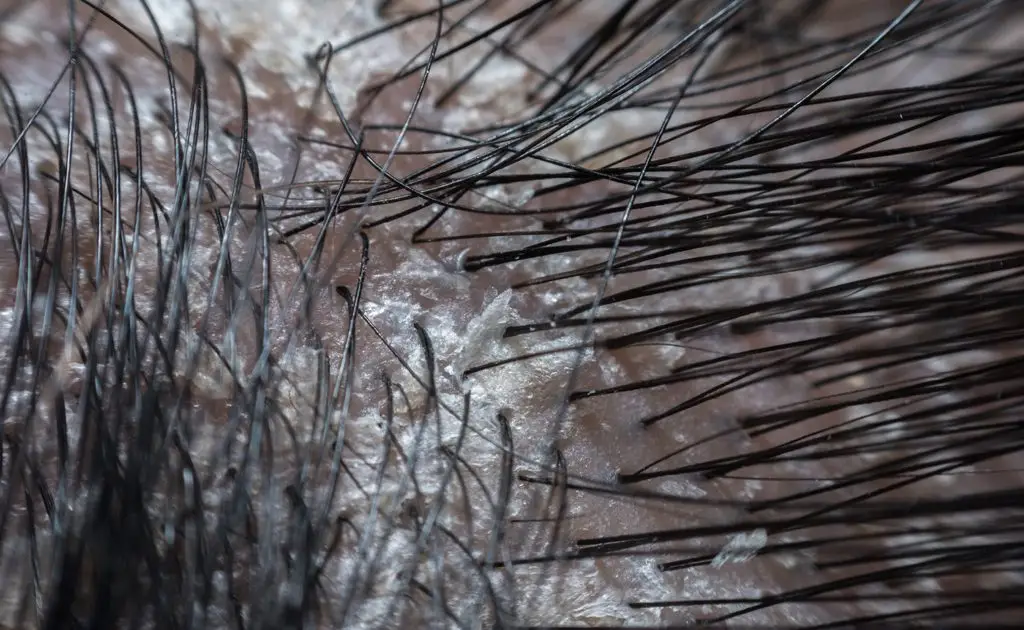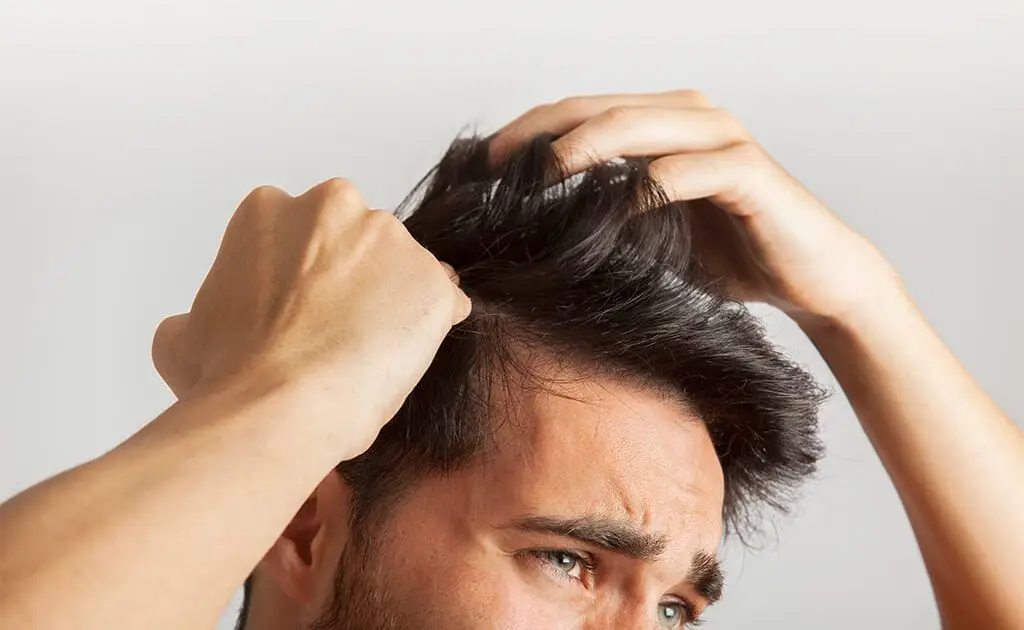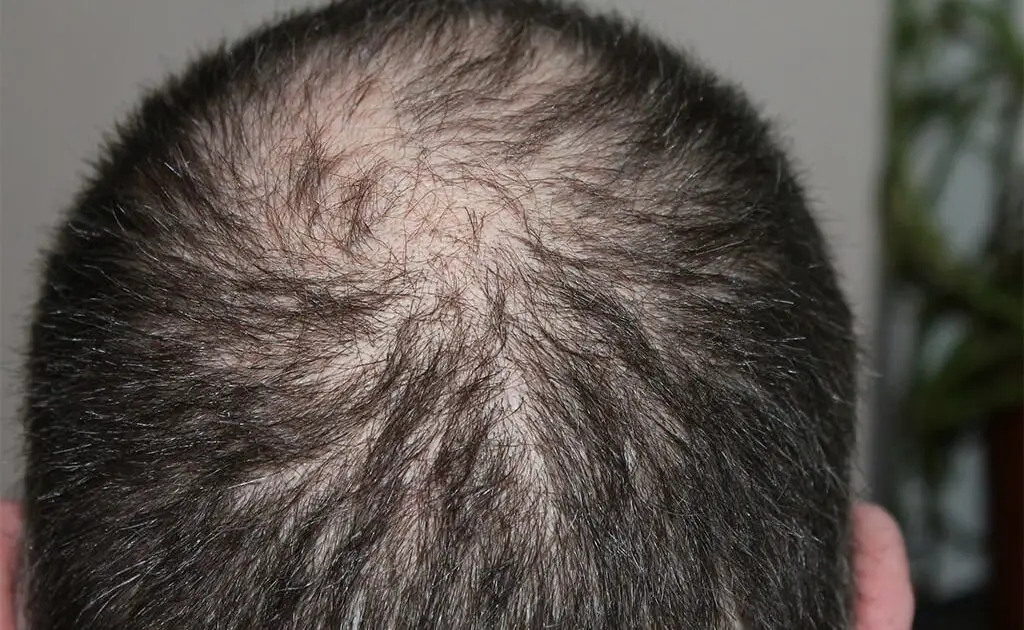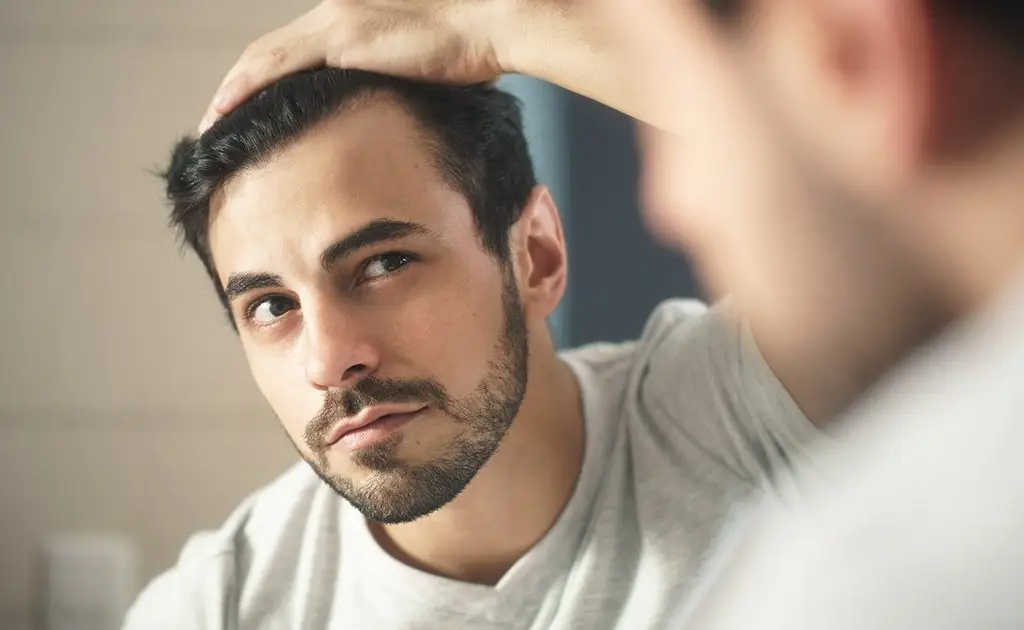Losing hair is a common phenomenon we all go through. But it becomes a major issue when it doesn’t grow back at the same speed that we are losing them. Also, hair thinning and hair loss can affect one’s confidence and severely affect the lifestyle. If you’re experiencing hair loss, you may be wondering what’s causing it. And whether hormones and hair loss are connected by any means?
Alopecia, the medical term for hair loss, can be caused by many genetic and lifestyle factors, but hormonal imbalances also play a vital role. Let’s go through a few reasons about how hormones impact hair growth.
Hormonal Changes in Men:
Men, like women, have daily or monthly hormonal fluctuations that affect their mood, emotions, and biological processes. When an ageing male body produces more testosterone, it results in hair loss on the scalp and hair growth in areas such as the ears and nose.
Hormonal Changes in Women:
- Thyroid Hormones
Thyroid hormones are also important in hair development and hair loss. The metabolism decreases when the thyroid isn’t active enough, called Hypothyroidism. The body shuts down less important functions, such as hair growth, to strike the correct balance. - Menopause
Hot flashes, night sweats, and hair loss indicate hormonal imbalance when estradiol and progesterone levels fall throughout menopause. Estrogen extends the duration that hair spends in the growth phase; thus, hair loses these protective properties when estrogen levels fall. Additionally, testosterone’s androgenic effects can be increased, where testosterone’s metabolite dihydrotestosterone (DHT) can produce increasingly weaker hair due to the follicle’s failure to grow. - PCOS
This is a common female endocrine condition marked by several other symptoms, the most prominent of which is hyperandrogenism. Women with PCOS lose scalp hair while gaining hair in places where males typically grow it — the face, chest, and back. - Pregnancy
Pregnancy increases hair follicles in the anagen (massive growth) phase. In addition, the enhanced supply of estradiol and progesterone in pregnancy is exceptionally nurturing to hair, expanding the growth phase and preventing shedding. Some women experience hair loss during the postpartum time; nonetheless, most women recover completely, though the process may be delayed.
Hormones are chemical messengers that instruct tissues and organs on how to operate. However, too much or too little of a specific type of hormone can cause unpleasant side effects that disturb the daily living.
It is important to be aware of your body and recognize any strange changes. We might be oblivious to tiny symptoms at times, but paying attention to even minor changes can help doctors detect and treat hormone abnormalities correctly.
